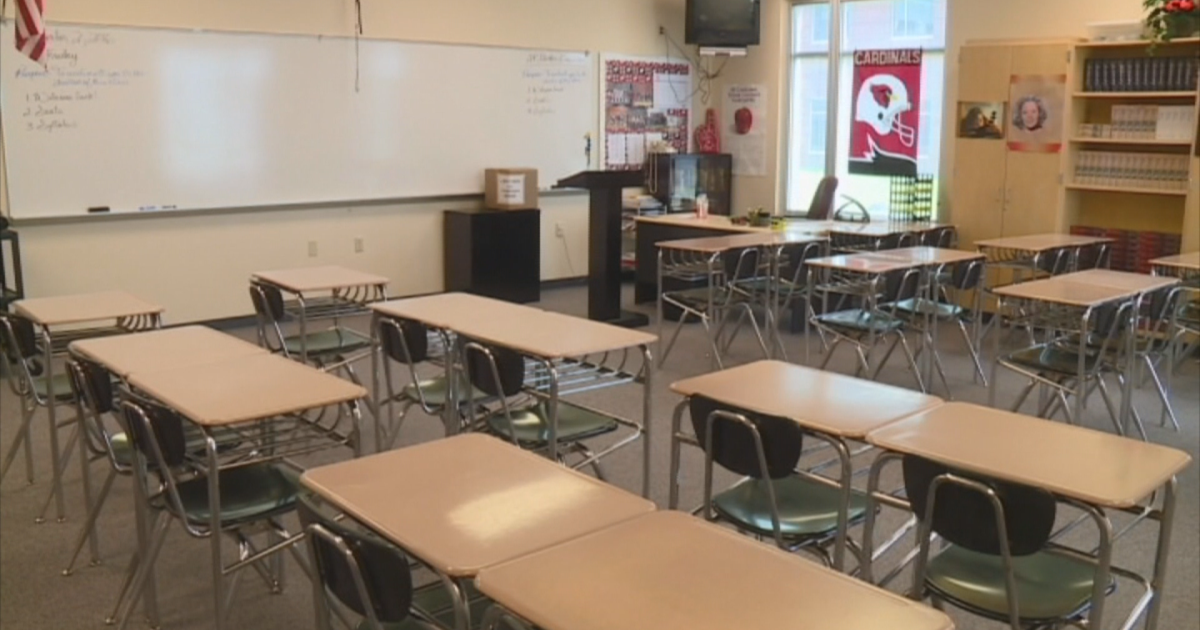School referendums sweep Wisconsin ballots for the spring primary
MADISON (WKOW) – With the April 2 spring primary election drawing near in Wisconsin, voters statewide are confronting a significant number of school funding referendums. Nearly 100 referendums are slated With the spring primary election approaching, voters in Wisconsin are facing a significant number of school funding referendums, with nearly 100 slated for ballots. The state's Department of Public Instruction (DPI) Executive Director, Sachin Chheda, stated that school funding has become more politicized over the past 15 years, with many districts seeking additional funding through local property taxes rather than relying on the state budget. He warned that the state legislature has not adequately funded public education, resulting in programs and resources being at risk without referendum funding. This year, Wisconsin has a budget surplus of over $3 billion and Chhedta plans to advocate for a fraction of this surplus to be used towards schools, which could significantly decrease referendum on ballots.

公開済み : 4週間前 沿って Jerel Ballard の Politics
MADISON (WKOW) – With the April 2 spring primary election drawing near in Wisconsin, voters statewide are confronting a significant number of school funding referendums. Nearly 100 referendums are slated for ballots, prompting communities to make critical decisions regarding the future of their local schools.
“Unfortunately, school funding has become more politicized, especially over the last 15 years,” said Sachin Chheda, the Executive Director at the Wisconsin Department of Public Instruction (DPI). “The vast majority of public school districts in the state have either gone to referendum, are going to referendum, or are planning to go to referendum in the near future.”
Over the past few elections, many districts have been compelled to seek additional funding through local property taxes to sustain essential programs and facilities rather than relying on the state budget. While most politicians agree that funding for education is essential, Chheda says the state legislature has not adequately funded public education, resulting in programs and resources being put at risk if not for referendum funding.
Chheda believes voters are likely to see many more referendums in the years to come unless there is more substantial investment in public schools at the state level.
“The state of Wisconsin has insufficiently funded the local public schools and now school districts and voters have to decide as a local community if they want to spend more money out of their local property taxes to help support their local public schools.”
This year, Wisconsin has a budget surplus of more than $3 billion and Chheda says DPI will advocate for a fraction of the state's surplus to go towards schools which could make a significant difference and decrease referendums on ballots.
“I’m not telling people you should or shouldn't pass any particular referendum, but what I would say is that the consequences of not having adequate school funding really is a lifelong consequence for students,” added Chheda.
Before a school referendum appears on a ballot, locally elected school officials conduct public hearings and research to present their best proposal to voters.
If you have questions about a school referendum on your ballot, you should contact your local school district. For more information regarding referendums, you can visit DPI’s website here.
